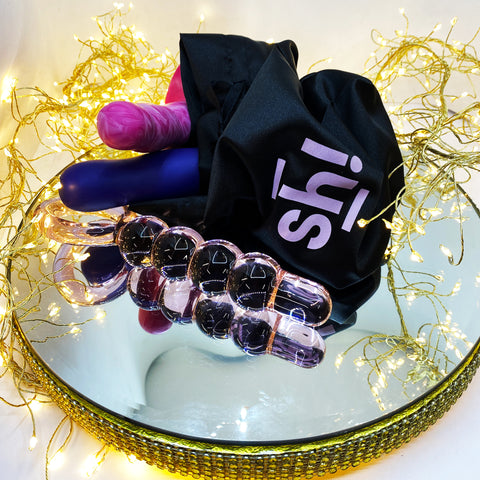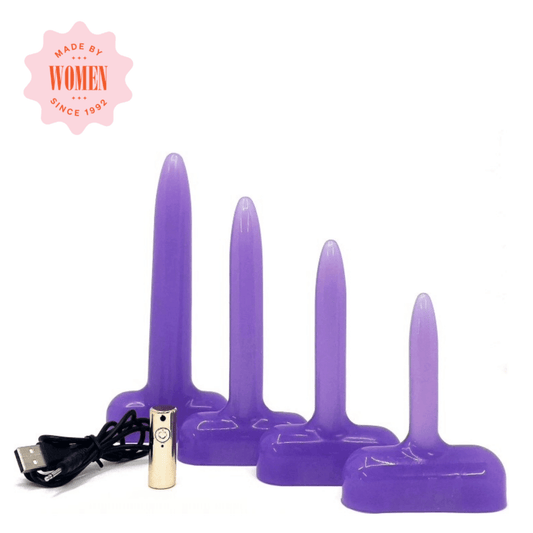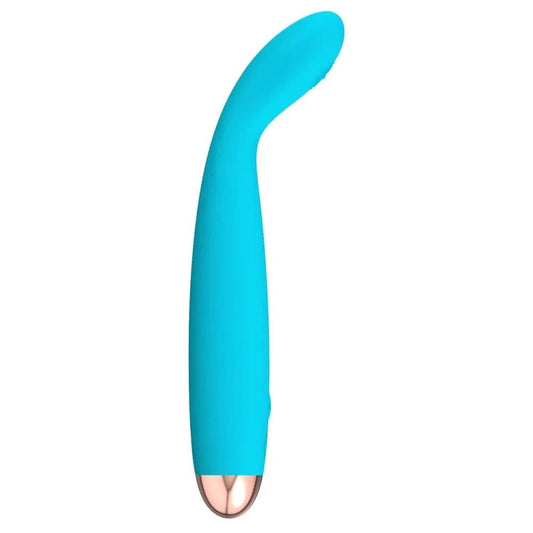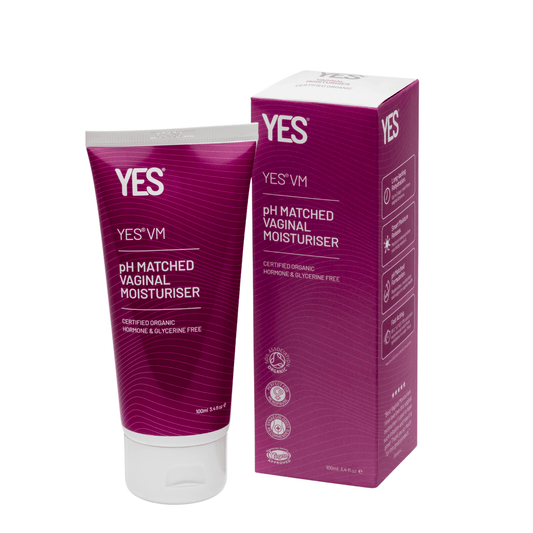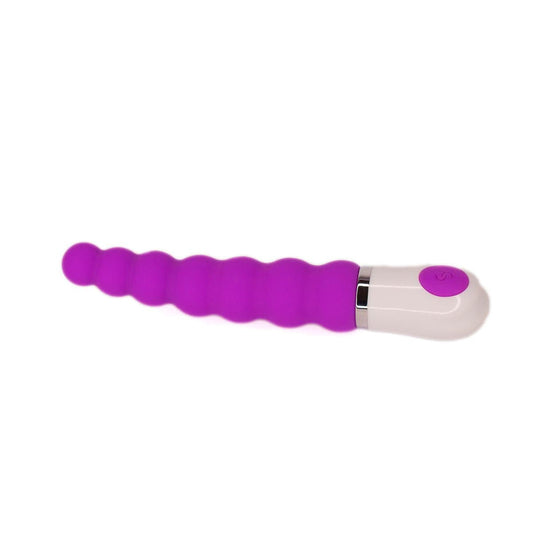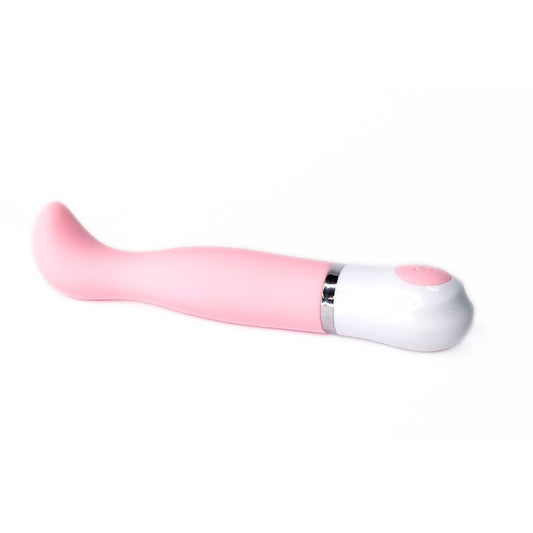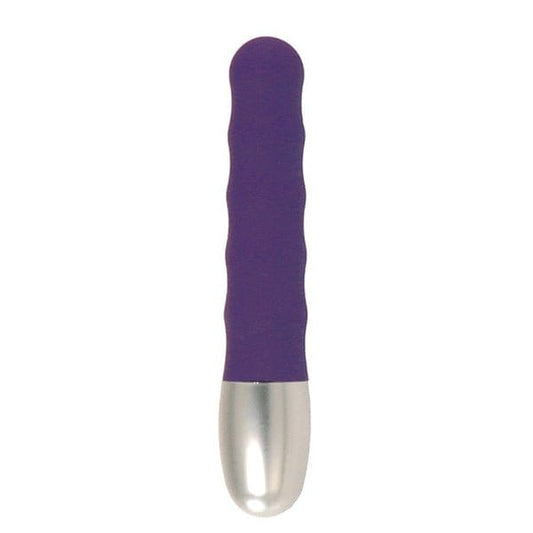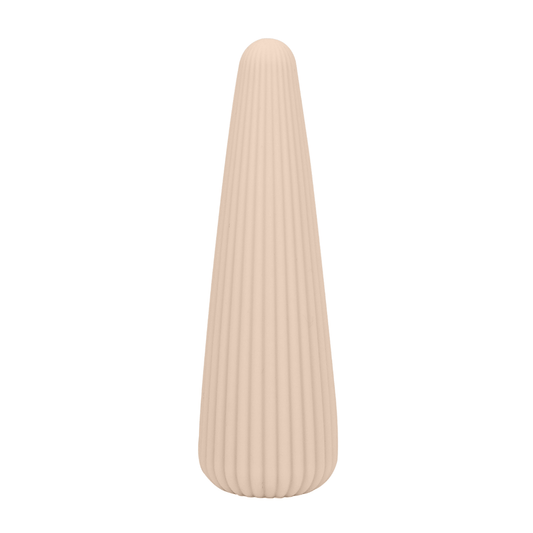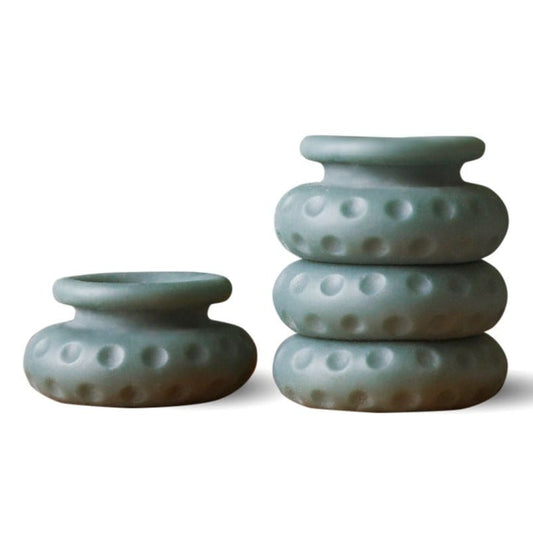Lymphoedema is an important issue that we think should be talked about much more than it is, particularly the often-ignored fact that it can impact people's sexual health and sexual happiness.
We were recently contacted by Debbie at Chronic Oedema Service in South Devon, who was keen to ensure that she and her co-workers were, in their capacity as health care workers, offering the best possible information about sex and sex toys to patients.
Here, Debbie explains why it’s so important that nurses have the tools and training to be able to openly discuss sex and intimacy with patients, whether they are experiencing Lymphoedema or any other mobility-affecting condition.
Assessing and addressing sexual concerns
It may or may not come as a surprise to know that many healthcare workers feel nervous about discussing sex and intimacy with their patients, this can mean that patients and their partners are unable to share concerns about sex and intimacy. In the Chronic Oedema (CO) Service at Rowcroft Hospice, South Devon we became aware several years ago that when patients did feel brave enough to share their worries about sex and intimacy, we felt embarrassed and ill equipped to answer questions.
This started us as chronic oedema and Lymphoedema nurses, on a journey so that we could learn more about sex and the individual ways people seek to meet their sexual needs and need for intimacy with others.
We developed a course of in-house training to illustrate the diversity of sexual experience and equip our nurses with some skills to help people; one of the things we learned from our early experience and that we have learned in the ensuing years is how little we know about normal sex (whatever that is) and particularly how sex brings people pleasure in terms of the link between the body and the brain.
We decided early this year to run a new study day: Assessing and Addressing sexual concerns. One of the aims of the day was to introduce our learners (healthcare workers) to the anatomy and physiology (A & P) of sexual pleasure and we wanted to do it in as fun a way as possible!
This is where Sh! came in...
With the assistance of Aphra and Renee, we used a selection of Sh! gadgets and gizmos including the Tenga Cup, strap-on dildo and finger tip vibrators to talk about what people like to do together or alone.
We were able to talk about where and what the various bits of male and female anatomy are and how they work as well as what turns on the links between body and brain!
People learn more when they are interested and enjoying themselves; talking about the science of sex while using the Sh! sex toys to illustrate (and sort of demo but not quite!) meant we had the groups full attention.
There were lots of questions about how to introduce the subject of sex and intimacy in the patient consultation and assessment for Lymphoedema; in the CO service we have a leaflet that is given to our patients to let them know that even if the feel shy about sharing concerns on the first visit to the clinic, that we are happy to talk about sex and intimacy should they want to.
Sex toys were designed for practical purposes as well as fun and pleasure; a high proportion of people struggle to achieve the level of sexual pleasure and intimacy they would like because of changes in their body shape or function caused by injury, disability, ill health, disease or just plain not having knowledge about sex and the mind sex link; sex toys can help make up for “deficits” and add some “value added” to their sexual performance.
Learrning about solo play & pleasure
As healthcare workers for example, we could see how the shape of the Tenga Cup would help men who wanted to have solo sex but had problems with grip or hand function to masturbate and have an orgasm. Learning about the importance of clitoral stimulation for women who want to have an orgasm helped us to talk about how vibrators that work on the outside rather than inside the vagina may be the best tool for the job!
Vibrators are great for penile pleasure too; the frenulum (the band of tissue just below the head of the penis is full of nerve endings. Massaging it with a vibrator may literally “hit the spot” for some men.
One of the things we also learned because of our association with Sh! was that sex toys are legitimate, main stream and perfectly acceptable additions to the other things that we may keep in our handbag or bedside cupboard that as healthcare workers we can signpost patients and their partners to; working in partnership with Sh! has helped make us more “people aware” and open to new ways of helping others in our capacity as healthcare workers.
NB. Chronic oedema is swelling that has persisted for more than 3 months. The most widely known type of chronic oedema is lymphoedema following cancer treatment notably breast cancer treatment however other types of cancer treatment can cause swelling because of damage to the lymphatic system. Chronic oedema is not curable; we aim to help patients manage it effectively to reduce the swelling and other associated symptoms.
Thanks to THE LYMPHOEDEMA SUPPORT NETWORK
Registered charity No. 1018749
The Lymphoedema Support Network: www.lymphoedema.org
Guest blogger: Debbie Shrubb, Development Facilitator, Chronic Oedema Service South Devon
 Skip to content
Skip to content


